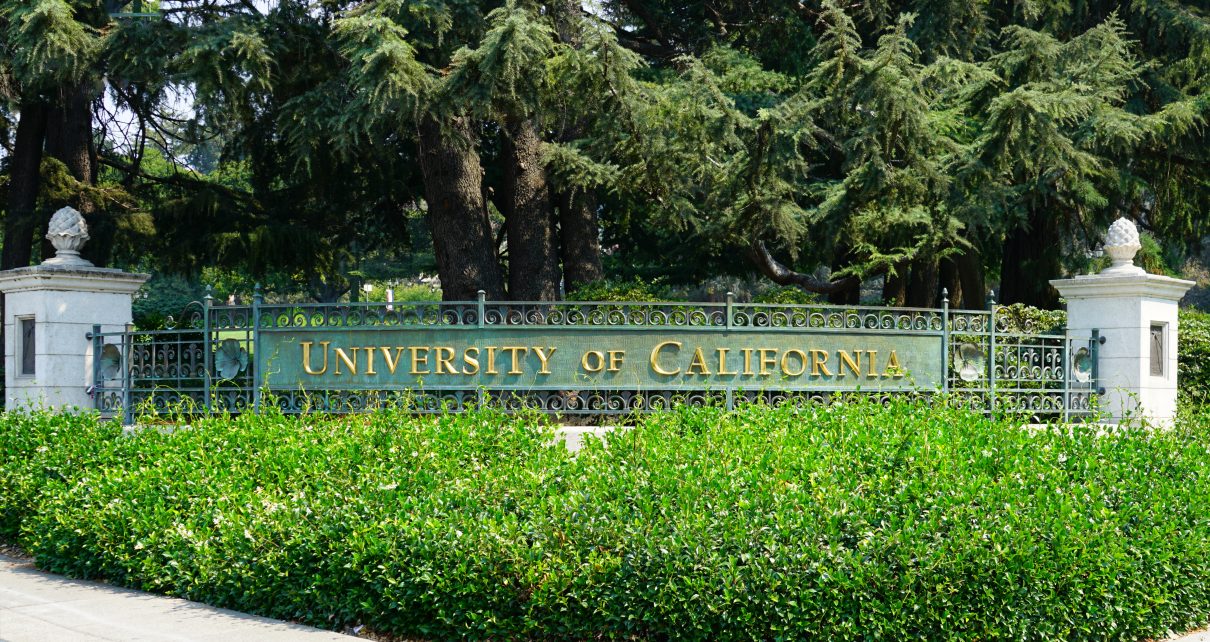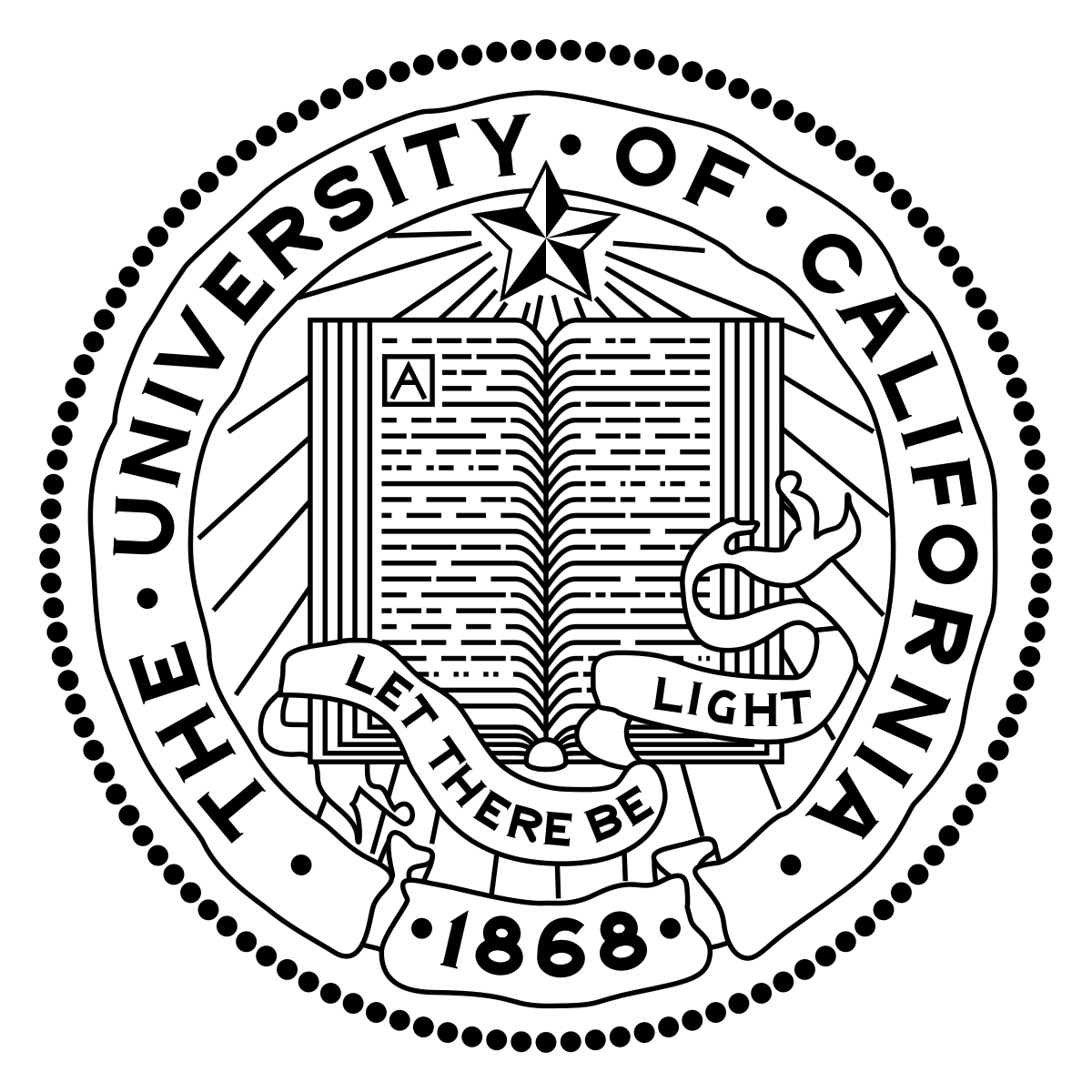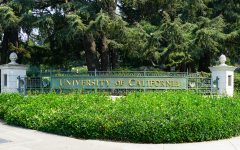
View of the campus of the University of California, Berkeley. (Photo: EQRoy, Shutterstock)
UC Strike Partially Ends Following Agreement With One UAW Bargaining Groups
36,000 of the 48,000 orignal strikers remain on strike on Tuesday
By Evan Symon, November 29, 2022 4:20 pm
The ongoing strike of 48,000 University of California (UC) academic workers was partially ended on Tuesday following a new agreement agreement with 12,000 postdoctoral employees and academic researchers for higher pay and better job benefits.
The strike began 15 days ago on November 14th. Months of negotiations between the University system and the United Auto Workers (UAW), who represents the four different academic bargaining units, including postdoctoral scholars, academic researchers, academic student employees (such as teaching assistants) and graduate student researchers, fell flat going into that weekend. Issues such as better pay to find affordable housing nearby campus, better benefits such as childcare subsidies, expanded healthcare for dependents, and receiving public transportation passes for work, as well as lowered tuition costs for international students and better accessibility for the disabled all went unresolved.
The ensuing strike significantly hurt UC campuses from San Diego to Berkeley. Class attendance fell, grading slowed, and prep for finals was thrown into a disarray with so much support staff out on strike. The strike has also polarized campuses, with many divided over the reasons for the strike. Initially, the majority of professors and students sided with the strikers, but as the weeks have worn down and both students and faculty alike have suffered significantly, more and more have been stepping away from supporting the strikers.
During this time, negotiations were started back up with the UAW and the different bargaining groups. Talks with the group with employees tied in the closest to the 10 UC campuses, the postdoctoral employees and academic researchers group representing 12,000 workers, advanced the quickest, with a tentative agreement being reached on Tuesday. While exact details aren’t know, UAW Local 5810 announced in a statement that wage increases that addressed the cost of living were agreed to, as were subsequent pay hikes of up to 29%, increased family leave, more childcare subsidies, and lengthened appointments to ensure job security.
Although the agreement is still subsequent to a vote on the new terms, both the UC and UAW remained hopeful that it would be fully agreed to.
“These agreements also uphold our tradition of supporting these employees with compensation and benefits packages that are among the best in the country,” explained UC Labor Relations Executive Director Letitia Silas in a statement on Tuesday.
UAW Local 5810 President Neal Sweeney also added that “We are proud to have reached agreements that address the soaring cost of living, and reflect the value of our contributions at UC. These agreements represent a new, best-in-class model that will improve quality of life – and the quality of research – for scientists across the U.S. It is now time for UC to make serious proposals to Academic Student Employees and Student Researchers and to reach fair agreements that recognize the contributions these workers make.”
36,000 still remain on strike
However, despite the agreement, the 12,000 affected workers will remain in the picket lines, continuing to stand with the other workers in a sympathy strike until it is over. The remaining 36,000 graduate student teaching assistants, tutors and researchers who are bargaining separately also want increased pay and benefits, but to to being in a different bargaining group and being more on the student side of things rather than being a straight employee like the other group, the negotiations have dragged on for longer. The UAW has also said that there is currently no end date for the strike.
John Waithe, a Chicago-based higher education researcher, explained to the Globe on Tuesday that “It’s really no surprise that the TAs and assistants and everyone there are still on strike. Generally they make less and aren’t really considered part of the core teaching staff at universities. Of course they aren’t going to make as much as the researchers. But, they are also hurting. Similar bargaining negotiations have wanted higher pay or for the University to pay for a buss or metro pass to compensate.
“But you need to also remember that the longer a strike goes on in an educational setting, the less and less support strikers get. Any school or University strike hurts kids academically more and more the longer the strike goes, and the public has less support as a result as well. You deprive the public of something for long enough, like education or entertainment or sports, and they are not going to be siding with the strikers for long if results aren’t shown.”
As of Tuesday Afternoon, no end date for the strike has been announced.
- Bill to Require Law Enforcement Disclosure if AI Was Used To Help Write Reports - August 7, 2025
- Gov. Newsom Files FOIA Request To ‘Expose True Cost’ Of L.A. Federal Troop Deployment for Anti-ICE Riots - August 6, 2025
- California Redistricting: How Newsom’s Plan Will Demolish Hard Fought GOP Gains - August 6, 2025





California would be better off if the well compensated and mostly Marxist indoctrinators who work for the UC university system went on strike permanently?